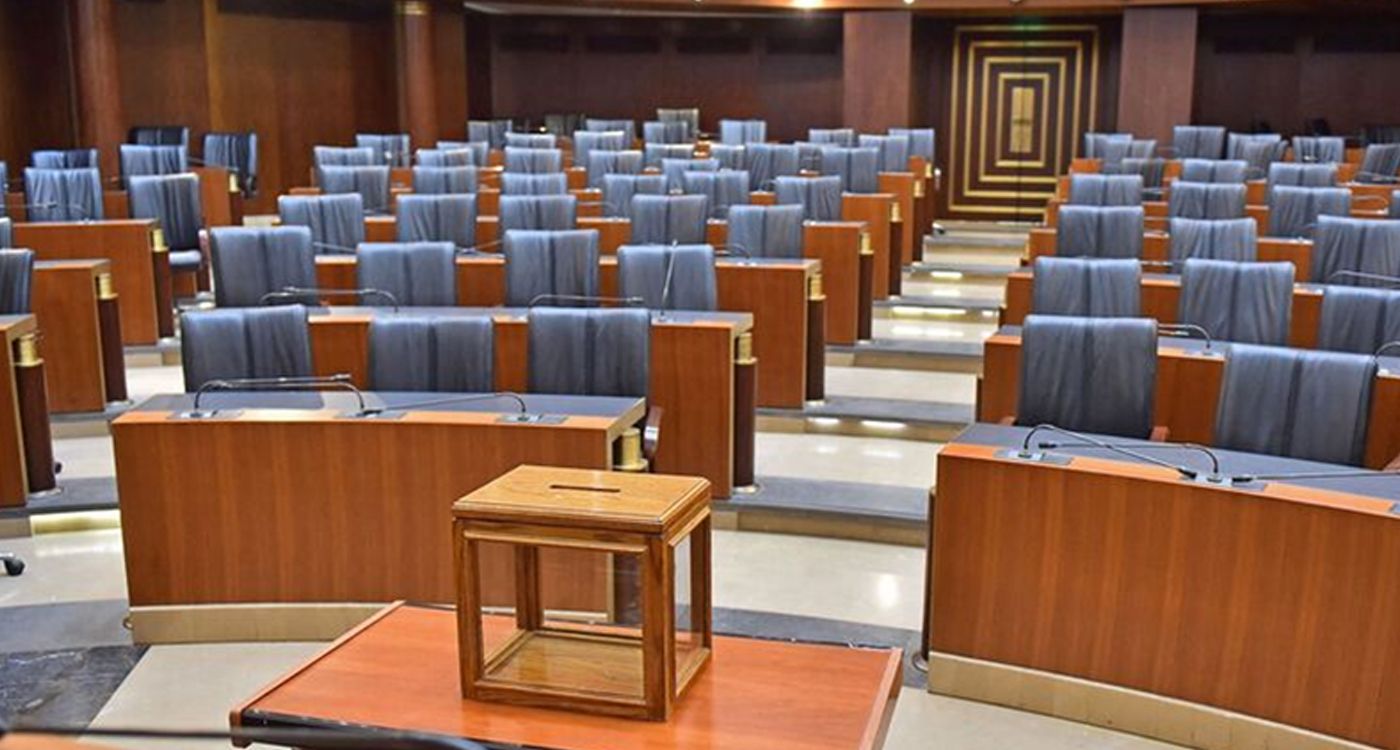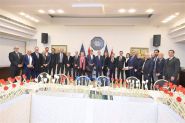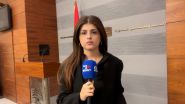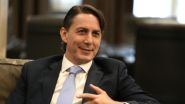
Lebanon faces a critical week as efforts intensify to elect a president, end the prolonged vacancy and produce the much-anticipated “white smoke.” Growing momentum suggests the likely election of Army Chief General Joseph Aoun in the parliamentary session scheduled for Thursday, January 9.
A Lebanese MP who recently met with Saudi envoy Prince Yazid bin Farhan revealed that Riyadh is ready to strengthen ties with Lebanon. However, this move hinges on Lebanon’s ability to successfully complete the presidential election process. Additionally, the MP told daily al-Jumhuria that while the Saudi envoy refrained from discussing specific presidential candidates, he stressed that Saudi Arabia supports a president capable of rebuilding the state, upholding the Taif Agreement and Lebanon’s Arab identity, and advancing reforms and anti-corruption efforts.
Meanwhile, informed political sources told al-Liwaa newspaper that this week will be decisive in shaping the direction of the presidential issue. They confirmed that communications have intensified at an unprecedented pace to finalize “the presidential deal.” However, they did not rule out the possibility of a postponement if consensus is not reached in time.
Meanwhile, the Saudi initiative on the presidential issue, which aligns with the United States position on bringing the election to a successful ending, has garnered attention for its content. The outcome of this initiative is expected to become clear in the coming hours. Additionally, sources noted that local factors play a significant role in shaping the presidential landscape, leaving all scenarios open for the January 9 session: a consensus and potential “white smoke” or a session postponement. Surprises cannot be ruled out, including the emergence of new candidates.
Opposition MP Ashraf Rifi confirmed that, following the Saudi envoy's visit, the chances of General Aoun being elected on January 9 have increased to 80%. In an interview with al-Hurra, Rifi clarified that the Saudi delegation did not name specific candidates but outlined key qualifications. He also revealed that a meeting will soon take place between Aoun and Lebanese Forces (LF) leader Samir Geagea to discuss political matters. Furthermore, Rifi said the identity of the next prime minister has not yet been addressed.
On the other hand, An-Nahar reported that Geagea will not support Aoun's candidacy unless there is serious consensus, particularly with House Speaker Nabih Berri and Aoun’s supporters. In case of a no go, the LF, along with their allies, will reportedly back a candidate in the second round, whose name they will only reveal during the session.
As for MP Bilal Houchaymi, he stated that the political landscape, just three days ahead of the scheduled election session, remains unclear and has not yet fully developed in the right direction. In an interview with daily al-Anbaa, he emphasized that, as a Sunni bloc, they are still in the consultation phase and have yet to determine their stance, much like other parliamentary groups that are withholding their positions pending the completion of the ongoing talks led by the Saudi envoy and US envoy Amos Hochstein.
The Saudi envoy, who arrived in Beirut on Friday night, spent two days meeting with key political figures, including Speaker Berri, former Prime Ministers Fouad Siniora and Tammam Salam, Maronite Patriarch Bechara Rai, Free Patriotic Movement leader MP Gebran Bassil, LF’s Geagea, Kataeb Party leader MP Samy Gemayel and members of the Independent National Bloc: MPs Farid al-Khazen, Tony Frangieh, William Tawk and Michel al-Murr. Additionally, the Saudi envoy met with Sunni MPs in Yarzeh, accompanied by Saudi Ambassador Walid Bukhari. He emphasized the strong ties between Lebanon and Saudi Arabia, reaffirming the Kingdom's commitment to Lebanon's full sovereignty and the restoration of its institutions, especially the presidency. Bin Farhan highlighted the ongoing coordination among members of the Quintet Committee, which includes Qatar, Egypt, Saudi Arabia, France and the US. He also stressed that it would be challenging for Saudi Arabia to engage with a president chosen through political deals and favoritism.



Comments